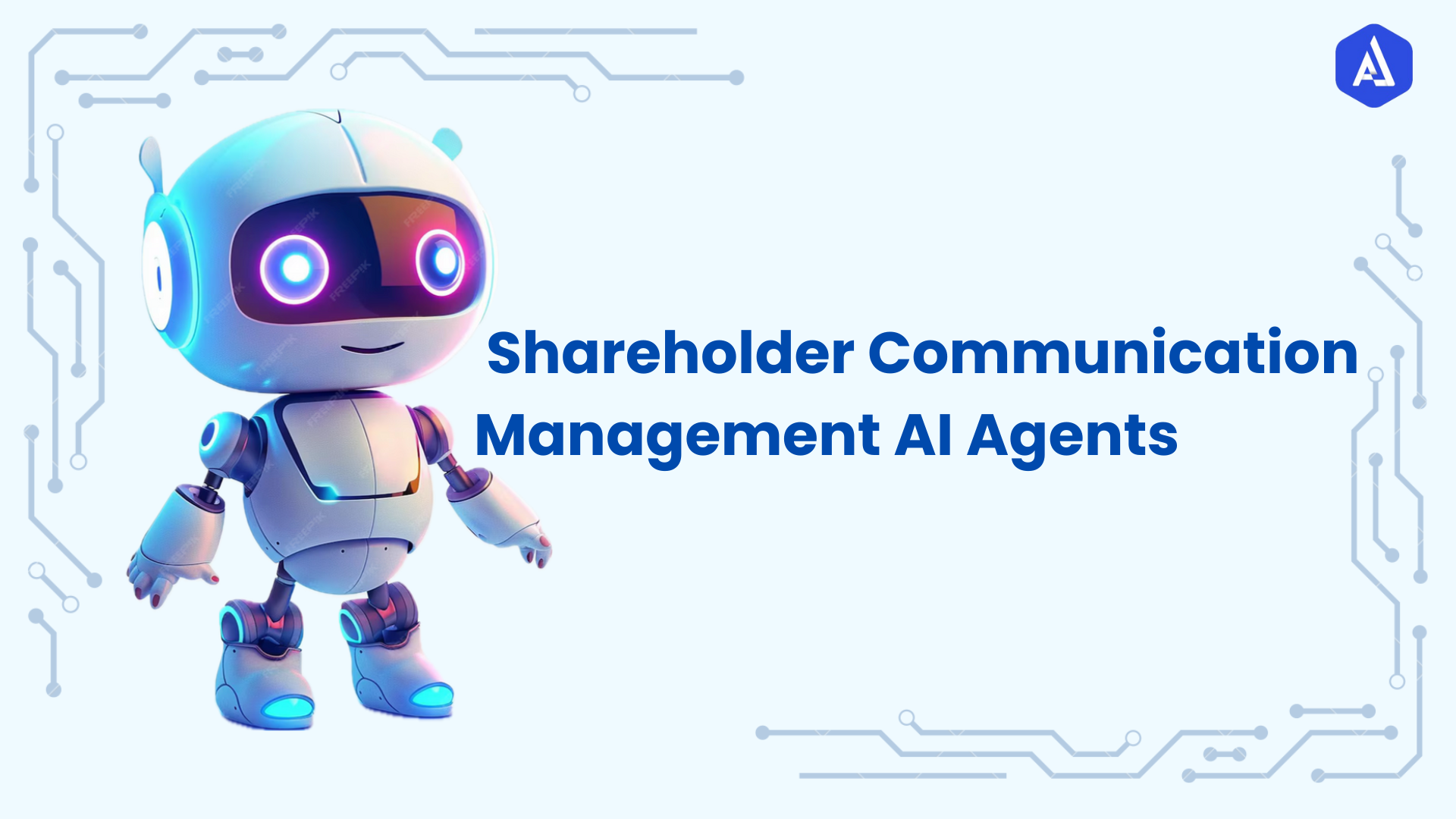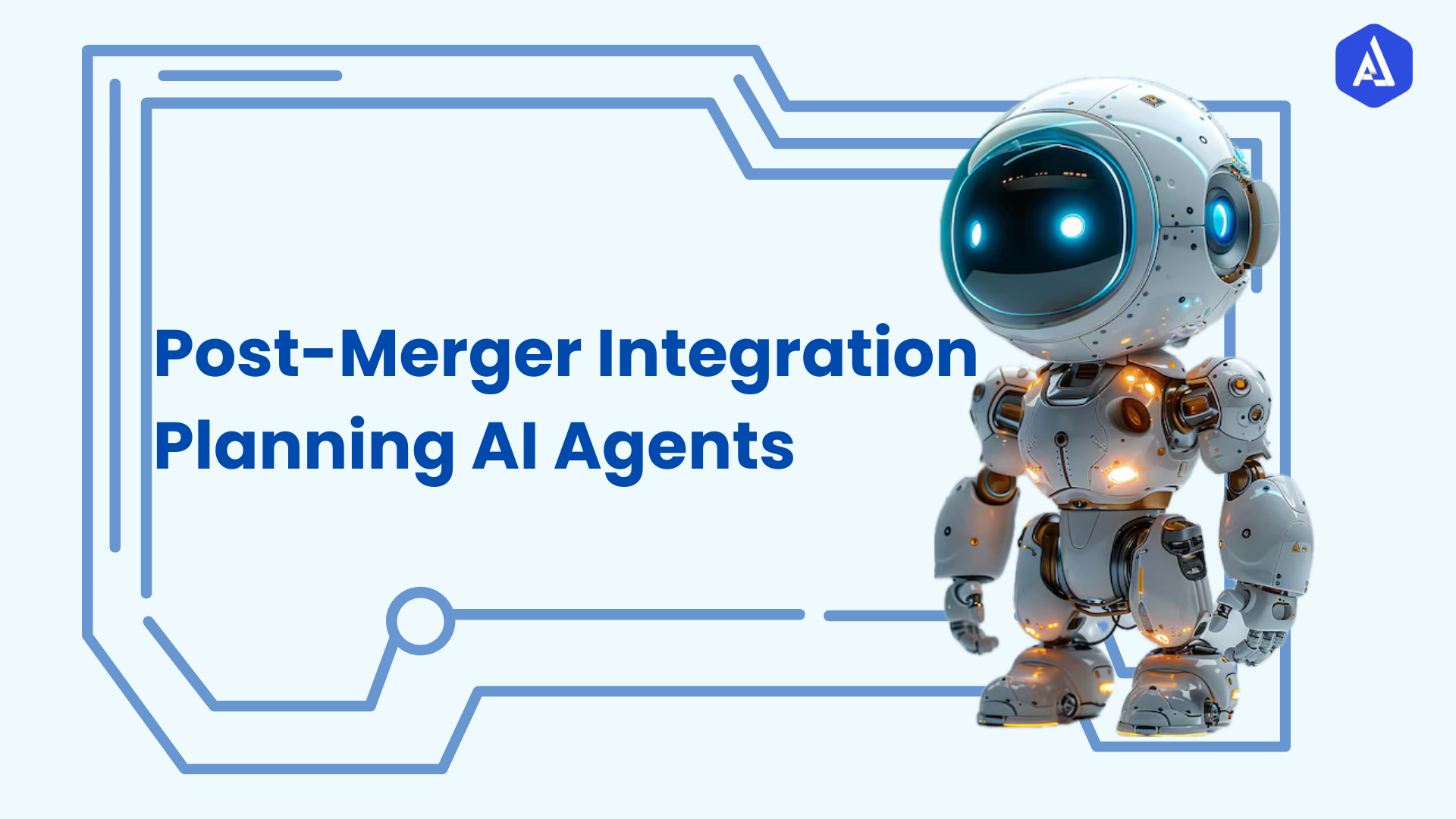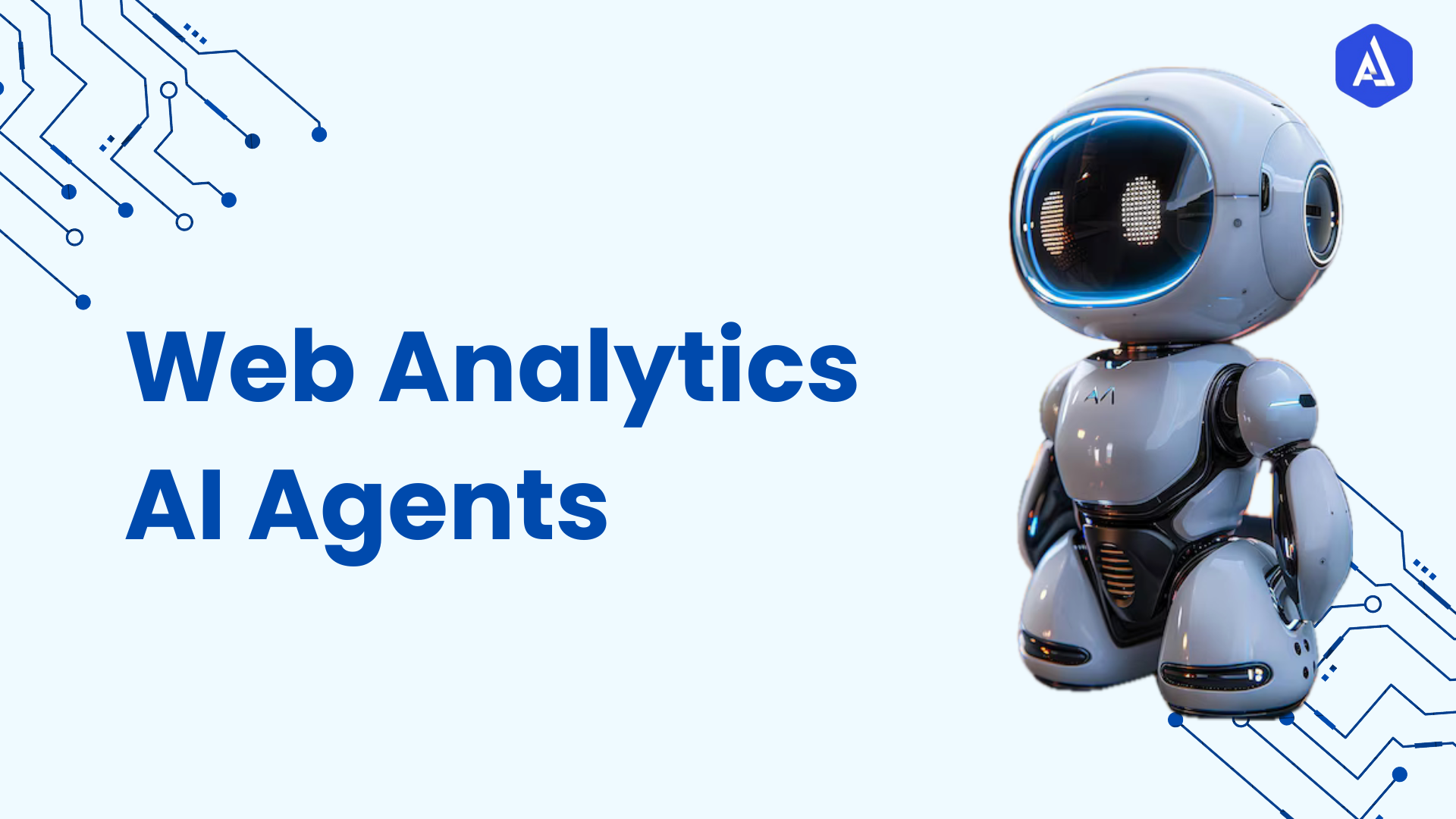Compliance training is a formal course that is intended to teach individuals as to what is acceptable behavior within an organization.
The training aids in reducing organizational risks, promoting responsibility as well as ensuring compliance with the policy, an aspect that enhances the operational integrity of the organizations in question.
About the Process
The classic compliance training process usually consists of the following:
-
Module Assignment: Employees need to complete some core courses which include various policies and regulations by an organization, for instance safety requirements, privacy as well as anti-discrimination policies.
-
Knowledge Assessment: The material and knowledge at the end of every module is reinforced through self-administered assessment tests taken by the employees.
-
Certification: The employees who pass those assessments to working standards receive written certification, hence showing their compliance with the given standards.
-
Adaptation with AI: AI also takes into account the learning approach, prior knowledge, and participation of the learning takers in lining up training activities that are most relevant and innovative.
-
Continuous Improvement: Information on the candidate’s performance and results received from the agents enable improvement of the training content and updating it over time to reflect current practice and comply with the legal requirements.
The Compliance Training Personalization AI Agent
AI agents in compliance training are smart machines for machine learning and natural language processing. They can check the performance of the employees, identify what kind of learning they are best suited for, and track their performance in real time. The content delivery gets readjusted based on the findings.
Compliance Training Personalization AI Agent capabilities
Personalized Learning Paths: AI will rate what one employee knows, thus modules will be personalized to highlight areas that require a boost.
-
Real time Feedback: Adding the time expended on each question together with an explanation of the correct answer and arguments for the wrong answer given will improve the processes of learning.
-
Adaptive Content: AI will tweak the level of intensity of what one is trying to learn without over or under-testing them.
-
Continuous Monitoring: AI agents continuously monitor and track engagement, as well as performance, and alert the manager when any employee is struggling or disengaged.
-
Scenario-Based Learning: The employees also use actual-life examples, which are provided by AI to check that knowledge is being applied under real-life circumstances.
-
Blend into the Training Process: Adaptive learning is an intuitive addition to the existing process of compliance training with integrated AI agents. Therefore, the agent could individualize content in real time, and thus the training automatically becomes efficient in focusing on what the learner specifically requires.
Benefits and Worth
-
Efficiency Achieved: AI agents eliminate general or universal training programs to ensure that employees are only engaged on specific content they require which will help them with faster and more effective training.
-
Cost-cutting: Personalized training reduces duplication of contents and reduces the period needed to train, saving money, while automated monitoring and reporting cut down administrative overhead by avoiding unnecessary reports and man-hours spent by personnel in handling paperwork.
-
Improved decision-making and risk avulsion: AI makes it easier for organizations to get information on the productivity and competency level of their staff in real-time. Since the insights that AI would provide come from data-driven facts, better-informed managers can better identify areas of improvement. This would lower risks because they ensure that all employees are totally trained in all key compliance areas.
-
Better Engagement and Retention: AI will help the content delivery accommodate each employee's knowledge level as well as their preferred learning style to keep the employees engrossed while enhancing the retention of information.
Use Cases
-
Onboarding New Employees: Using two scenarios mentioned above, AI agents can propose a comprehensive learning schedule for the new employee based on the person’s skills and knowledge which then turns relevant and engaging training, and thus new employees get up to speed quite fast.
-
Continuing Education and Regulation Changes: AI can surely keep employees abreast of all the latest compliance laws since the laws evolve and change with time. It can alert the employees to take a refresher course automatically whenever they need it.
-
Role-Based Training: The fact that an organization has a complement of employees performing different types of job functions means that some forms of compliance training may apply to some employees. For example, compliance training when dealing with privacy law issues for a department such as human resource may be concerned with the business's implementation of financial regulation in finance teams. AI is one way through which it is ensured that an organization delivers relevant employee training for its different job functions.
-
Auditing and Reporting: AI in auditing saves time because it records the track record of employees and also prepares elaborate reports all by itself. It now obviates manual oversight, with a view to assuring compliance records are always up-to-date and never difficult to access for audits.
Considerations
Though AI agents have many benefits in the equation, there are several technical and operational challenges that must be overdone for successful implementation:
-
Data Security and Privacy: All training programs usually contain personal or company information. AI agents must comply with data protection laws such as GDPR or HIPAA when processing employee data.
-
Integration with existing system: The AI agent must integrate with all HR tools as well as with existing learning management. This way, people can have the necessary tracking and experience across all systems.
-
Employee trust and security: Proper communication and proper disclosure of confidential information or trust in intellectual property can overcome employee fears. In this way, clarity can be achieved.
-
Continuous Maintenance: AI agents need to be updated and updated regularly because the requirements and training for employees are constantly changing.
The Future OF Compliance Training Personalization AI Agent
With advancements in AI technology in the future, the future of AI agents in compliance training appears pretty promising. The coming years will bring even more intelligent and intuitive AI that will predict even learning gaps and give proactive solutions, one of the integration models that could revamp compliance training, is AR and VR-providing compliance training with highly immersive, hands-on real-life practice conditions.
This means that AI implementation along with blockchain technology will ensure the verification of training in more secure, transparent, and easy ways. With technological advancement, its role will hence become more significant over time since it will indeed be able to facilitate personalized, on-demand real-time compliance training to be tailor-made according to the needs of the employee and the organizations that the employee represents.
Personalized learning paths, AI agents help ensure an adequately compliant workforce meets the muster. The more developed the technology becomes, the more sophisticated a solution, which will just make compliance training much more effective and future-proof.


